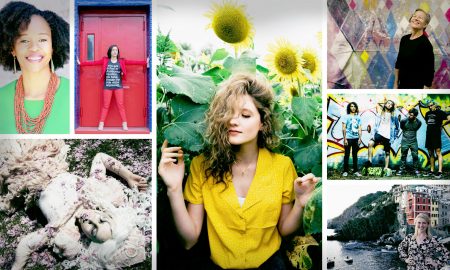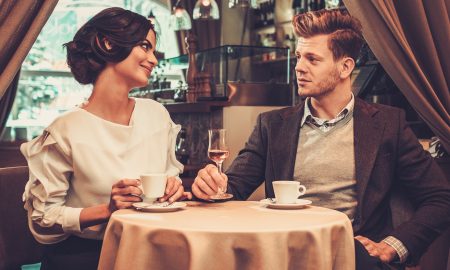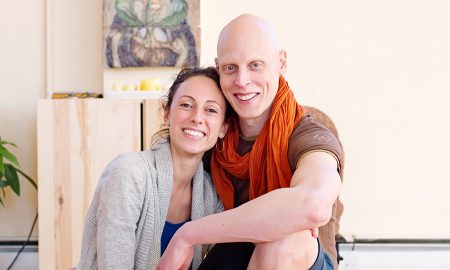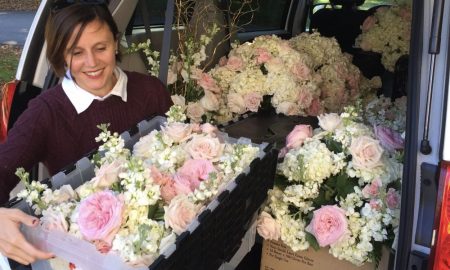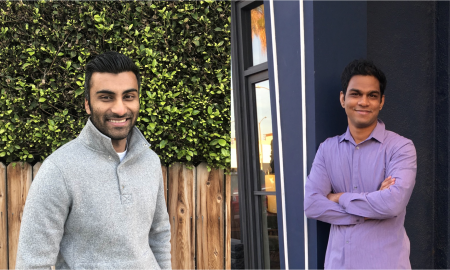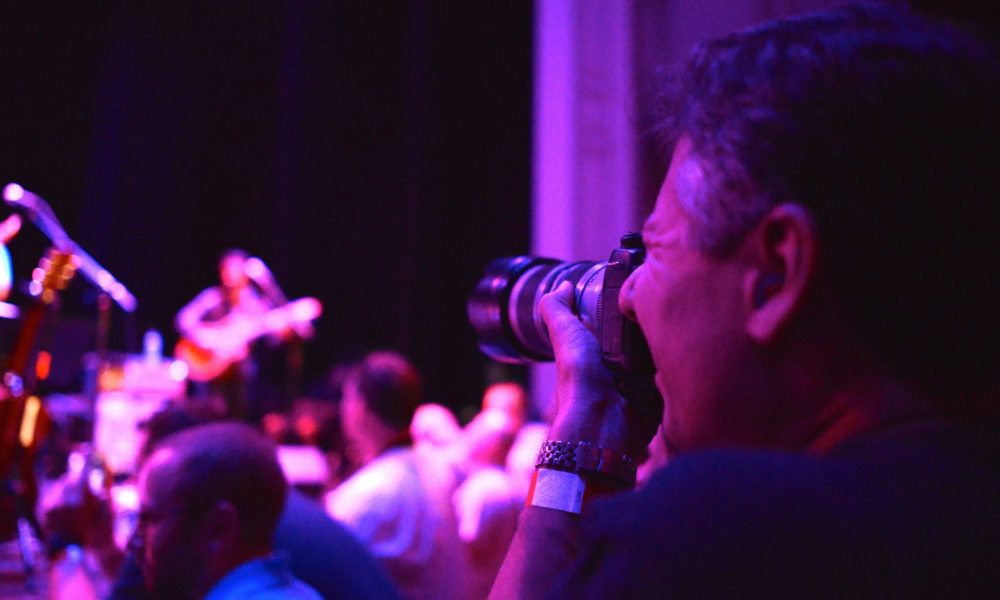

Today we’d like to introduce you to Rich Gastwirt.
Every artist has a unique story. Can you briefly walk us through yours?
I fell into concert photography by chance. I had asked my cousin for help with tickets to a sold-out show and he was friends with the band and left me a laminate, so I brought my camera inside. It happened to be April fool’s day, and the band was going to start the second set playing instruments that they don’t normally play. Their publicist was there and saw me with a laminate and camera and pulled me on stage to document the event. I relied on my camera’s automatic settings and snapped a few mediocre shots which was extremely frustrating. I spent a lot of time afterward trying to figure out why my camera chose the wrong settings, and spent a lot of time experimenting with my camera in low light until I became more competent.
I snuck my camera into a few subsequent shows and realized that concert photography was a great distraction for me, at a time in my life when I needed a great distraction, so I didn’t miss an opportunity to photograph live music. I eventually became proficient and photographed for a few magazines and soon became the stage photographer of some of the top festivals.
Please tell us about your art.
I photograph concerts and festivals. When shooting concerts, I’m typically on assignment from a website or publication and permitted to photograph the first 2 or 3 songs of the show. The time restriction is what makes it fun; capturing a few compelling images in challenging light within 15 minutes or so makes concert photography a very no-nonsense exercise.
Sometimes you get lucky with a shot, but more often than not you have to pay a lot of attention to what the band is doing and what the lighting designer is doing, and the relationship between the two. Concert photography is very reactionary as the light is always changing and it takes a lot of familiarity with your equipment and the exposure triangle to be able to capture the moments regardless of the lighting.
My favorite shows to shoot are the ones in smaller clubs with minimal lighting as it makes me rely on experience. The tradeoff in photography is between light and motion; the longer the shutter is open, the more light enters the camera, but the more likely the image is to be blurry. It took me awhile to realize, but even when the action is moving quickly, there are always fractions of a second when time stands still… and once you’re able to recognize those moments. you can capture photos at slower shutter speeds and have total control over the light. For example, when you throw a ball in the air, there’s a moment at the top of its arc when it’s neither going up nor down, and you’ll notice the same thing happening when musicians are playing. The goal is to create the most compelling image possible given the constraints, and when done properly, the image will transport the viewer to another place and time.
As an artist, how do you define success and what quality or characteristic do you feel is essential to success as an artist?
Success in concert photography is defined by faithfully capturing the key moments experienced at shows. Things move quickly and two photos taken a quarter second apart can be vastly different, and the photo has to convey emotion, or it isn’t really a picture. Knowing what makes a great photo is key. A perfectly exposed picture of the wrong moment isn’t going to elicit emotion.
Simply capturing the moment doesn’t amount to much unless the image is enjoyed by others, so I define success by the reach of the images. I felt a major sense of accomplishment when the New York Times licensed one of my photos for the hero image on a section cover and when an image was licensed for banners that hung all over New York. But there’s no greater feeling than when an image I’ve taken resonates so strongly with someone that they buy a print to hang in their home.
How or where can people see your work? How can people support your work?
The best way to see my work is on Facebook at www.facebook.com/stageshooter. I typically post full galleries there following a show. I sometimes post a single image from a show on Instagram as well (@gastwirt) but not nearly as regularly. I had a website but didn’t really have the time to keep up with it so I set it to simply forward to the Facebook page. Artists and artist management support my work by licensing images, and fans buy prints.
Contact Info:
- Website: www.stageshooter.com
- Phone: 617-899-8880
- Email: rich@stageshooter.com
- Instagram: instagram.com/gastwirt
- Facebook: facebook.com/stageshooter
- Twitter: twitter.com/stageshooter
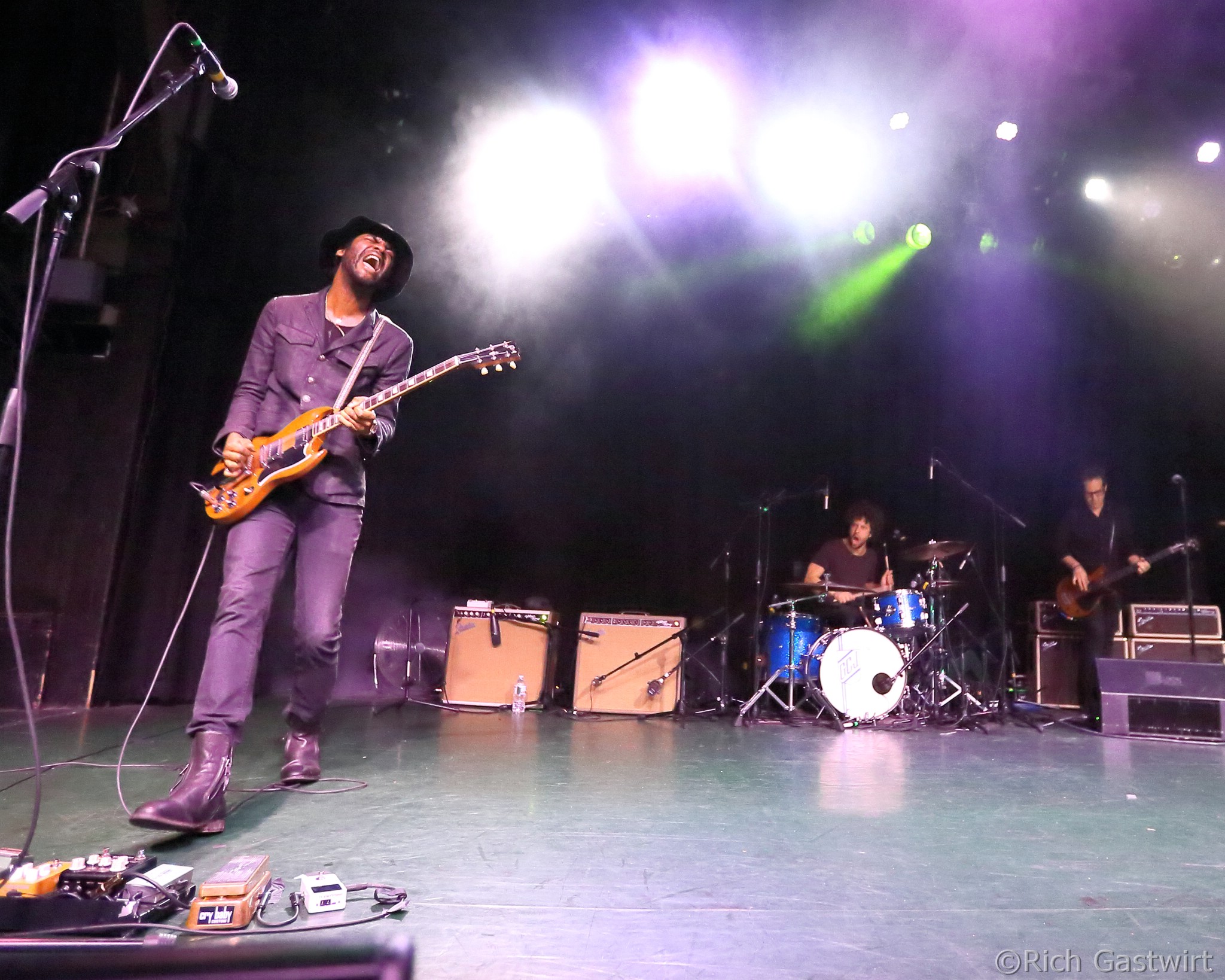
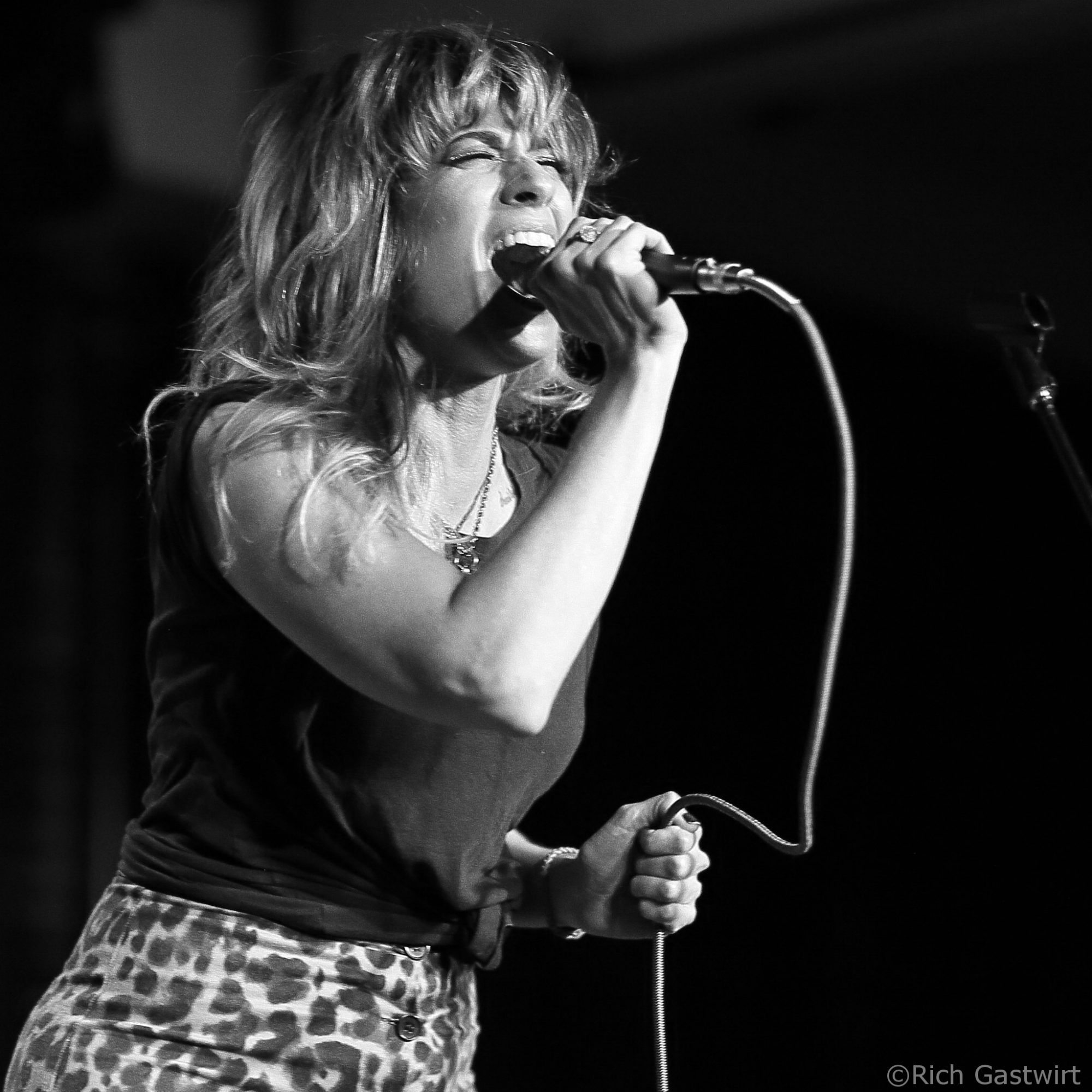
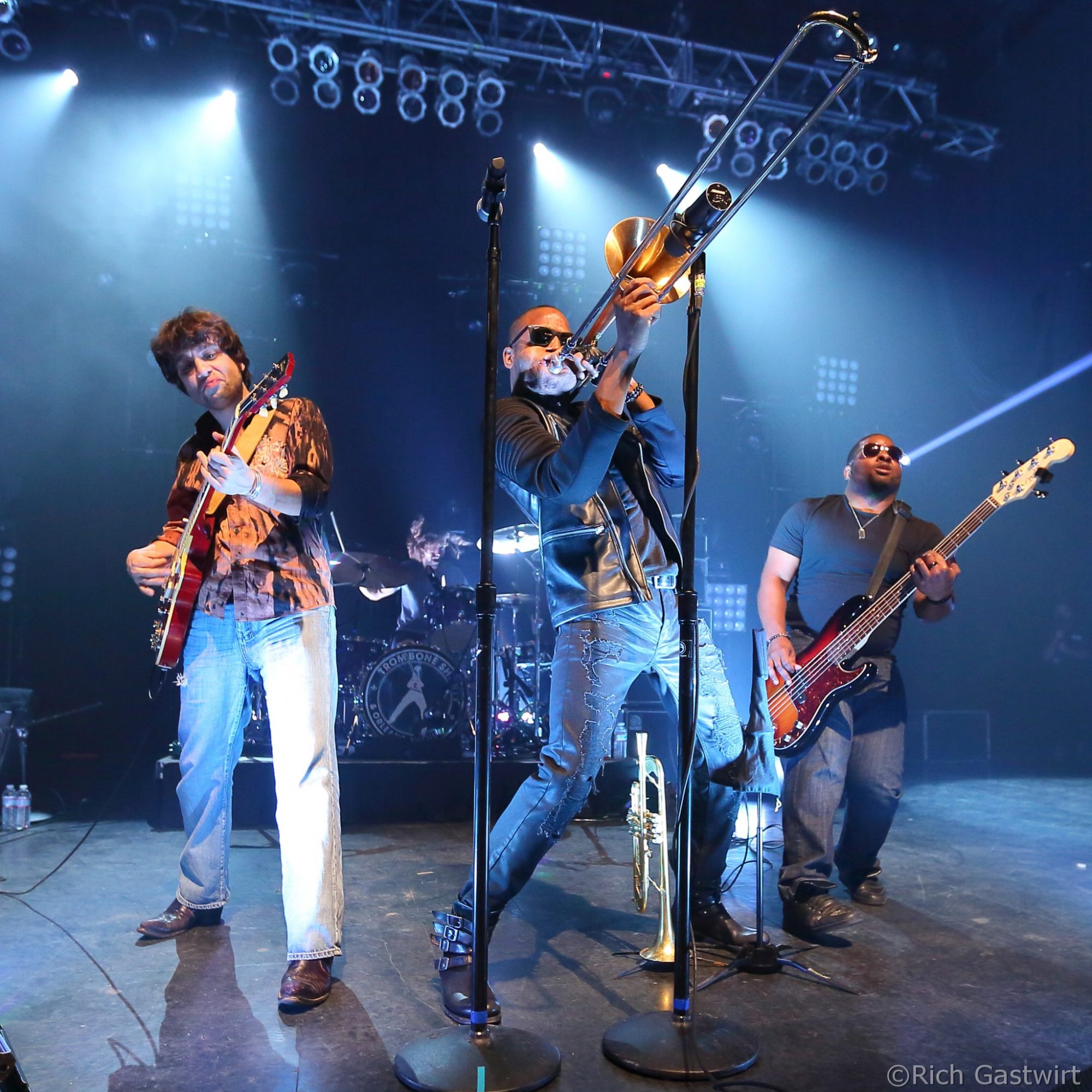
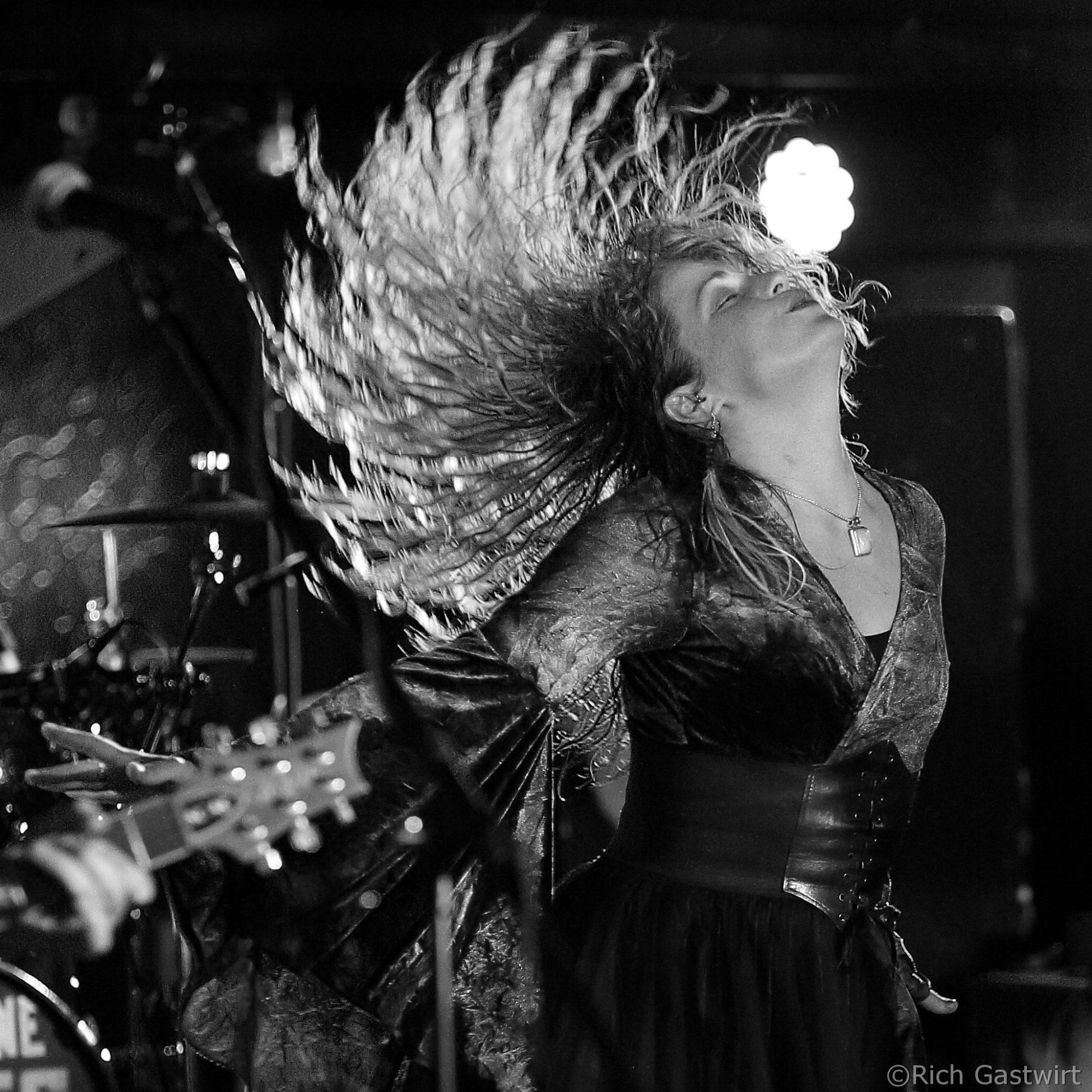
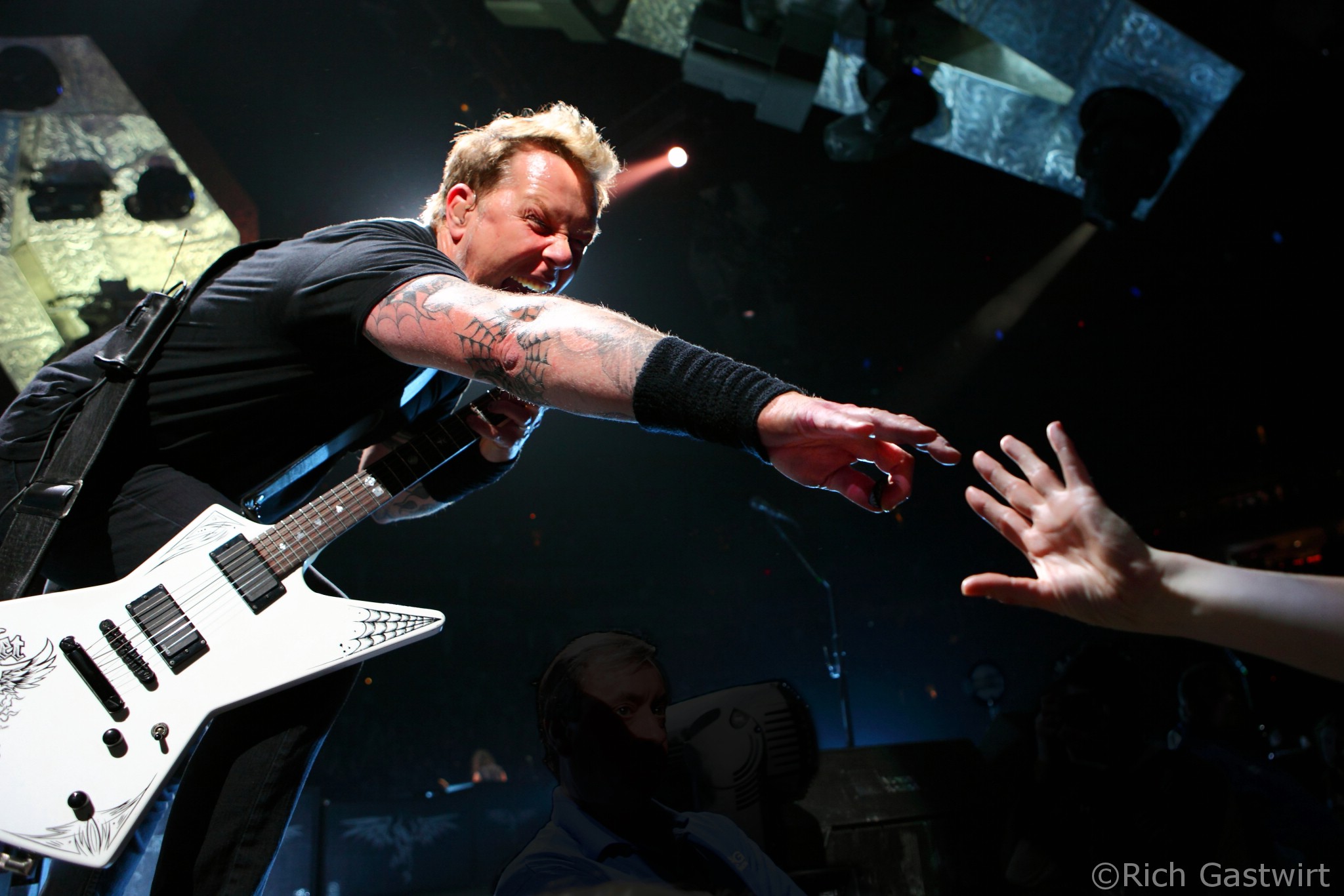
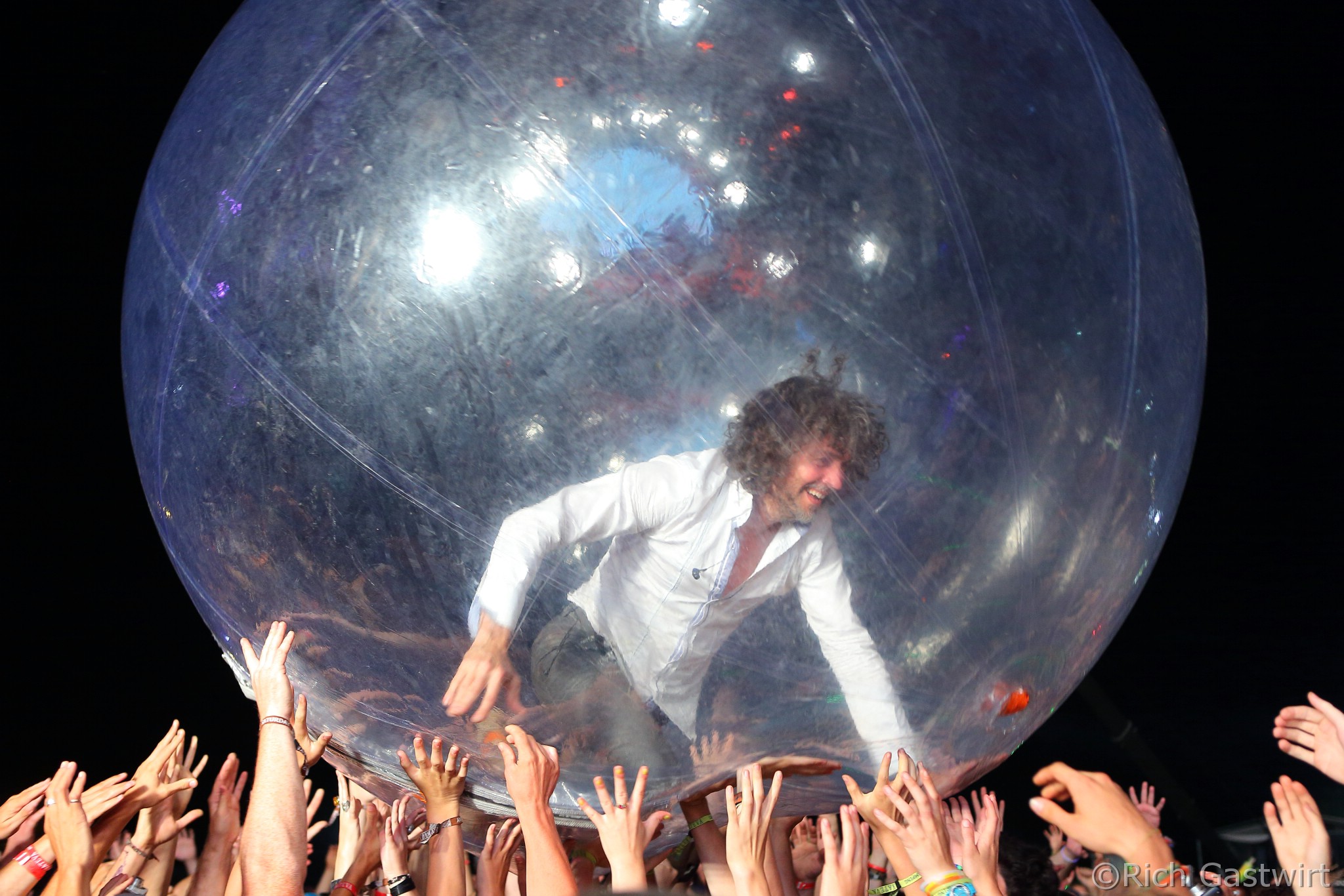
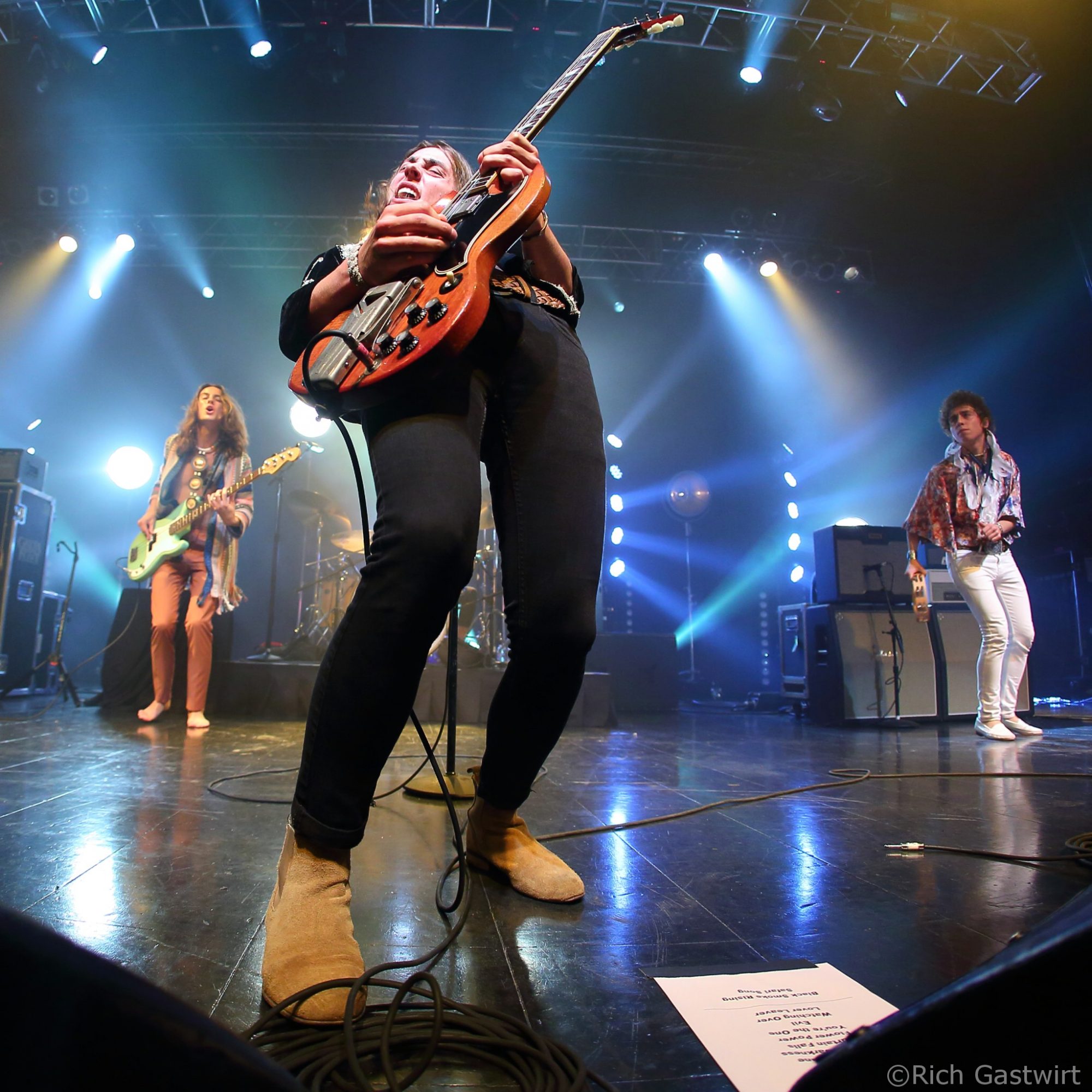
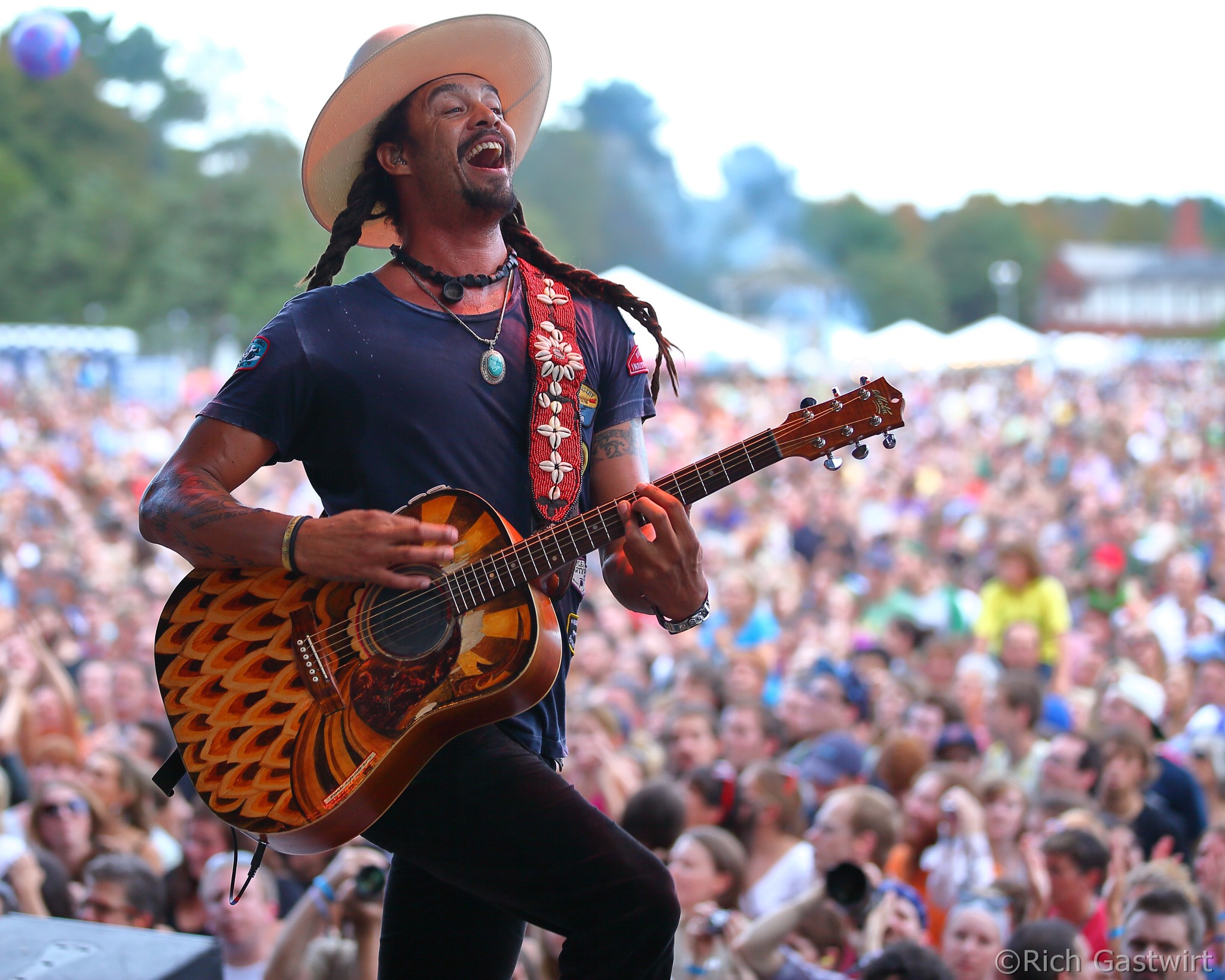
Image Credit:
Photo of me is (c) Marc Petrelluzzi. All other photos are (c) Rich Gastwirt.
Getting in touch: BostonVoyager is built on recommendations from the community; it’s how we uncover hidden gems, so if you know someone who deserves recognition please let us know here.

